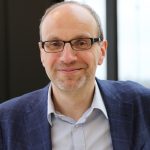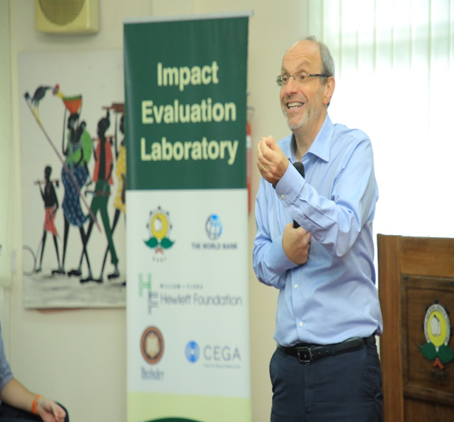Gambling on development: Why do some countries win, and others lose?
The policy dialogue discussed the space occupied by elites in shaping and determining the development trajectory of a society. The policy dialogue argued that it is the interest and decisions made by elites which largely determines development (or lack) of any society.
The dialogue discussed the effects of “elite capture” – form of corruption whereby public resources are biased for the benefit of a few individuals of superior social status in detriment to the welfare of the larger population in development in influencing development. The presentation was made by Prof. Stefen Dercon, Director, and Centre for Study of African Economies, University of Oxford.
Dialogue Materials

Stefan Dercon is Professor of Economic Policy at the Blavatnik School of Government and the Economics Department, and a Fellow of Jesus College. He is also Director of the Centre for the Study of African Economies. He combines his academic career with work as a policy advisor, providing strategic economic and development advice, and promoting the use of evidence in decision making. Between 2011 and 2017, he was Chief Economist of the Department of International Development (DFID), the government department in charge with the UK‘s aid policy and spending. Between 2020-2022, he was the development Policy Advisor to successive Foreign Secretaries at the UK‘s Foreign, Commonwealth and Development Office.
His research interests concern what keeps some people and countries poor: the failures of markets, governments and politics, mainly in Africa, and how to achieve change. His latest book, Gambling on Development: Why some countries win and others lose was published in May 2022. It draws on his academic research as well as his policy experience across three decades and 40-odd countries, exploring why some countries have managed to settle on elite bargains favouring growth and development, and others did not.
Previously, Dull Disasters? How Planning Ahead Will Make A Difference was published in 2016, and provides a blueprint for renewed application of science, improved decision making, better preparedness, and pre-arranged finance in the face of natural disasters.

Professor Stefan Dercon giving a talk at ESRF conference – Dar es Salaam – Tanzania
Professor Stefan Dercon, One of his talks in Washington DC
